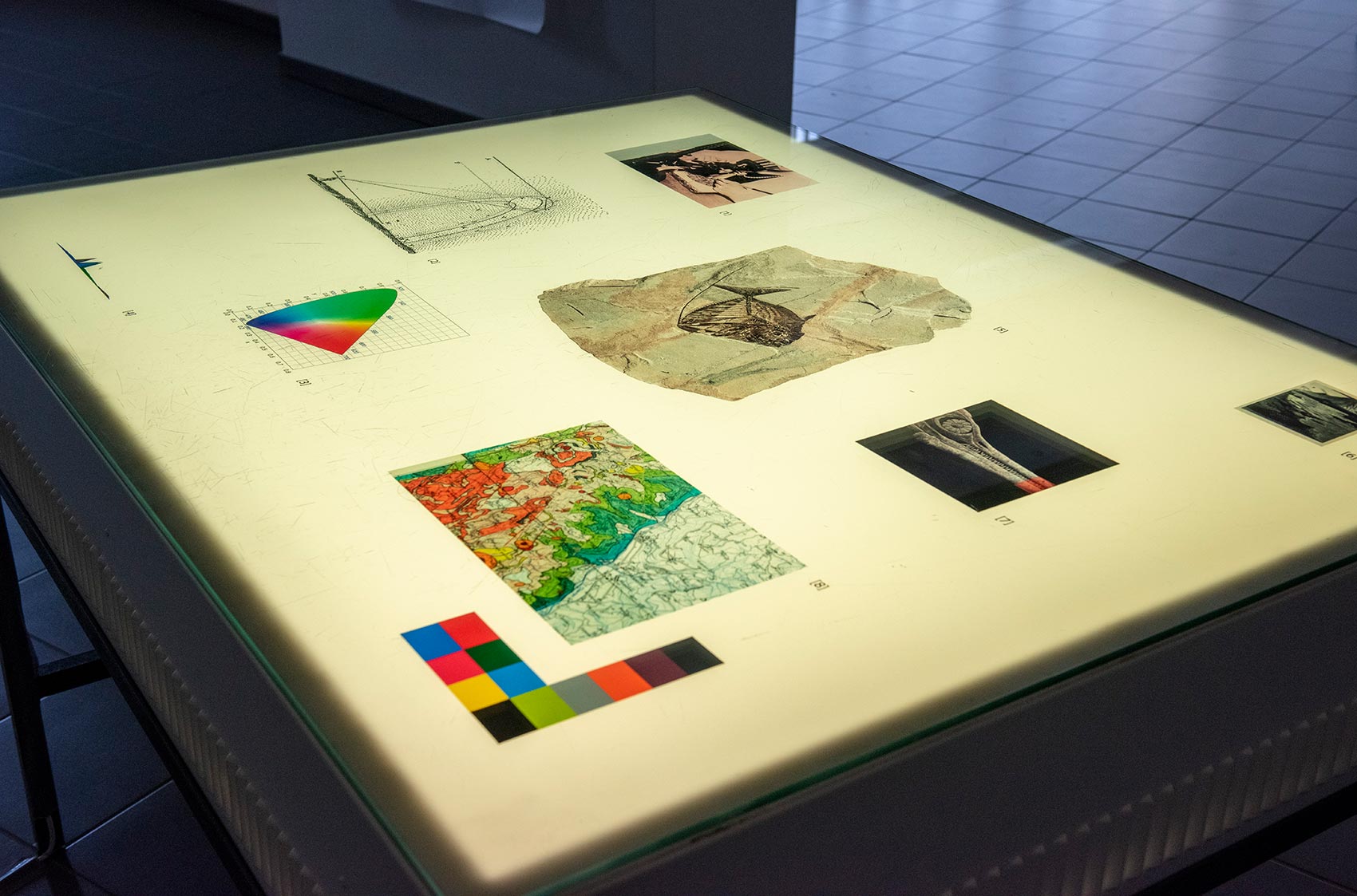
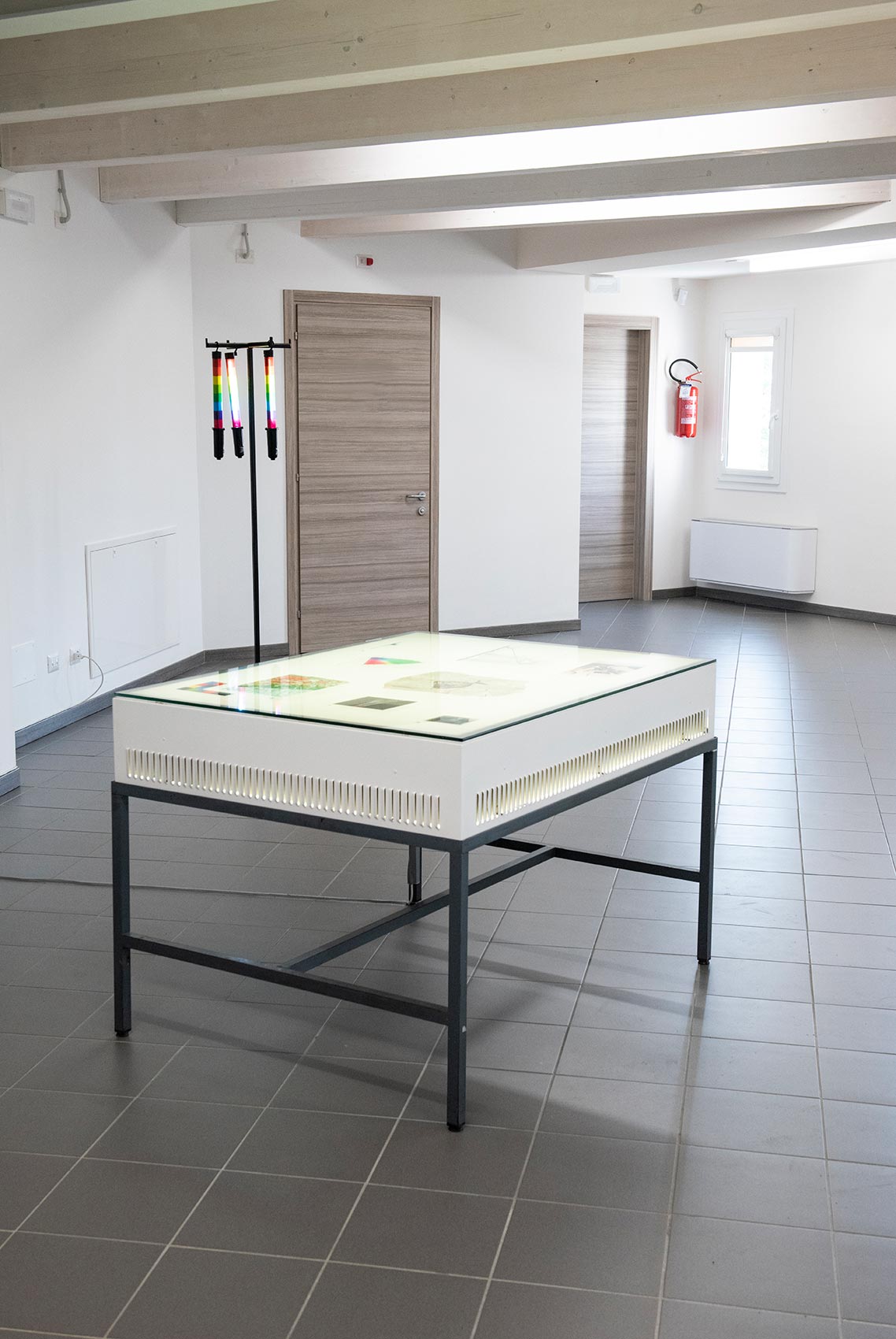
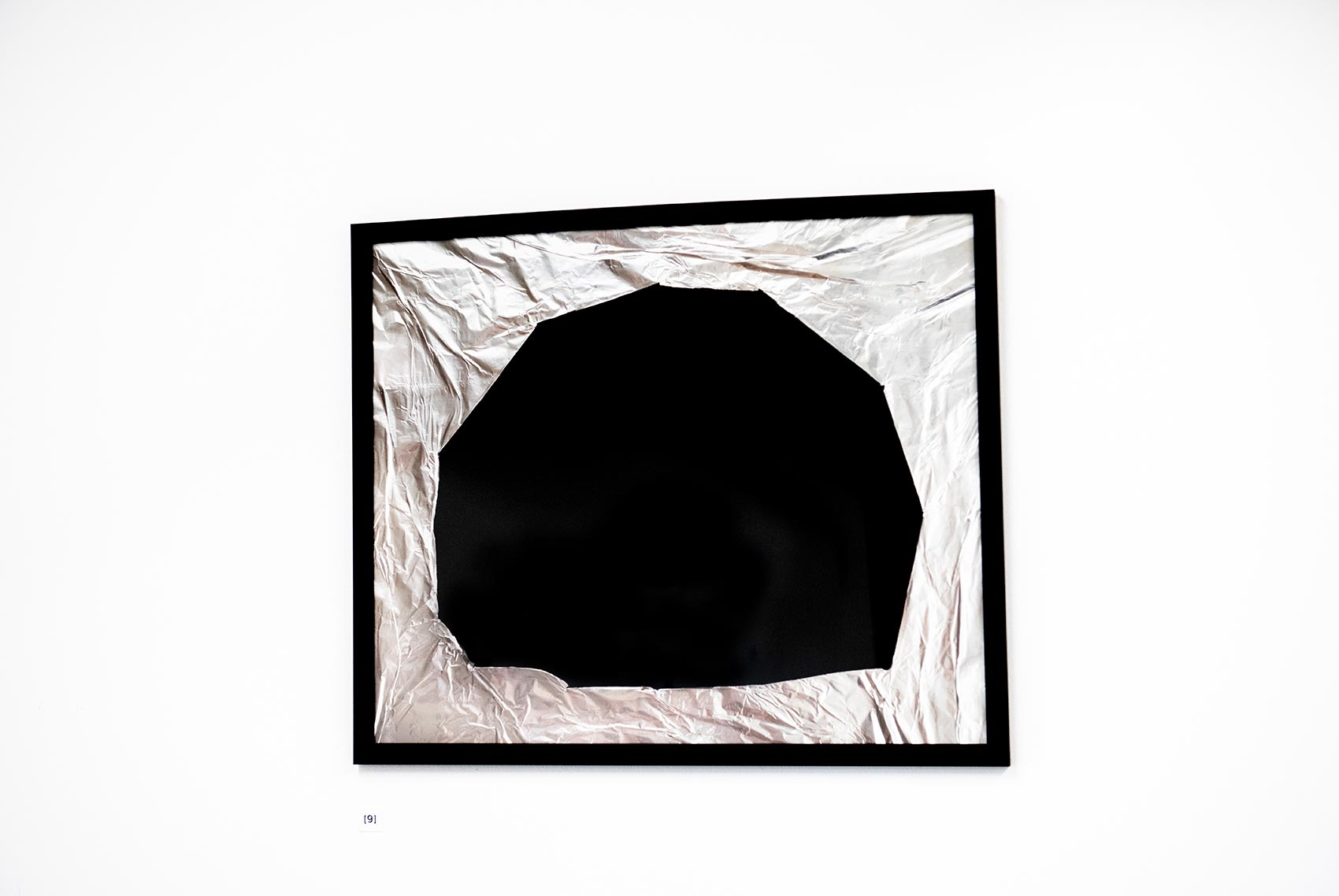
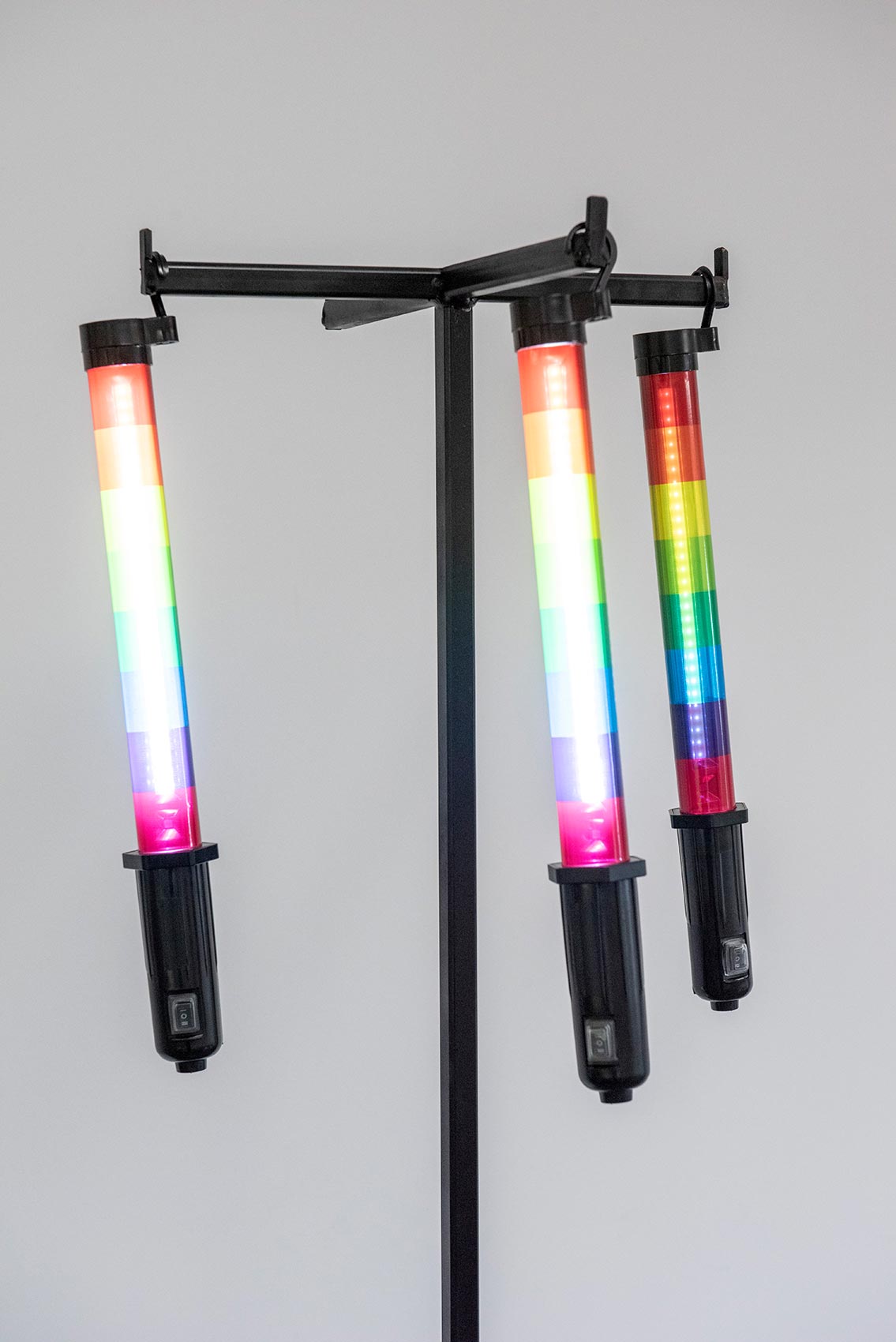
WAVELENGTH
KRZYSZTOF ŚWIATŁY
Dozens of millions of years ago the ocean was here shallow, transparent and warm.
Professor David Bellwood from James Cook University discovered that fishes that lived in these waters had developed a complex
language and communicated with each other by changing the colour and hue of their skin.
In the evolutionary process, this unique ability was lost.
Some scientists at the JCU are currently studying coral reefs which are losing their typical rainbow colours due to global
warming. The reefs’ bleaching is one of the several signs telling us that the Earth is dying.
Yesterday’s sea is today’s mountain, and today’s colour is tomorrow’s black and white.
Light reaching the Earth is absorbed by people and objects. When something reflects
light 100% it is seen as white; if it absorbs all of the photons as black. Colour is an impression caused by an electromagnetic wave of a specific length.
In Lessinia there is little light pollution so one can easily observe the stars.
However, the star observer never sees them in their present state but looks at the map of the sky from the time when the light
began its journey to Earth. Thanks to the Hubble telescope, we can see stars lying several billion light-years away. The astronomer looking through the telescope is thus able to see Lessinia from the time when it was submerged by warm waters.
Most of the stars observed with the naked eye appear white due to a specific characteristic of the human eye, which loses the ability to distinguish colours in low light conditions.
Similarly to climate researchers, linguists studying speech and communication observe
many disturbing changes and trends. One of them is the rapid development of the so-called “hate speech” against what is different and non-uniformed. The rainbows are burning, the coloured spectrum turns into hot red and then to pale white. Once
again in the history of man, people are not ashamed of nationalism, homophobia and racism.
Another trend is the massive extinction of languages. In the vanishing Burginian language, the word “varbe” means “verb” and more broadly “word”. In the dying Cimbrian language, still spoken here on the hills of
Lessinia, “varbe” means colour.
For generations, the Cerato family has been searching for traces of its past inside Bolca rocks. Amazingly, although the fossils themselves are not colourful, they somehow resemble stars. They may seem discoloured
but they actually are a colourful souvenir from the times when the rainbow language was spoken on Earth; from the time when the ocean was here shallow, transparent and warm.
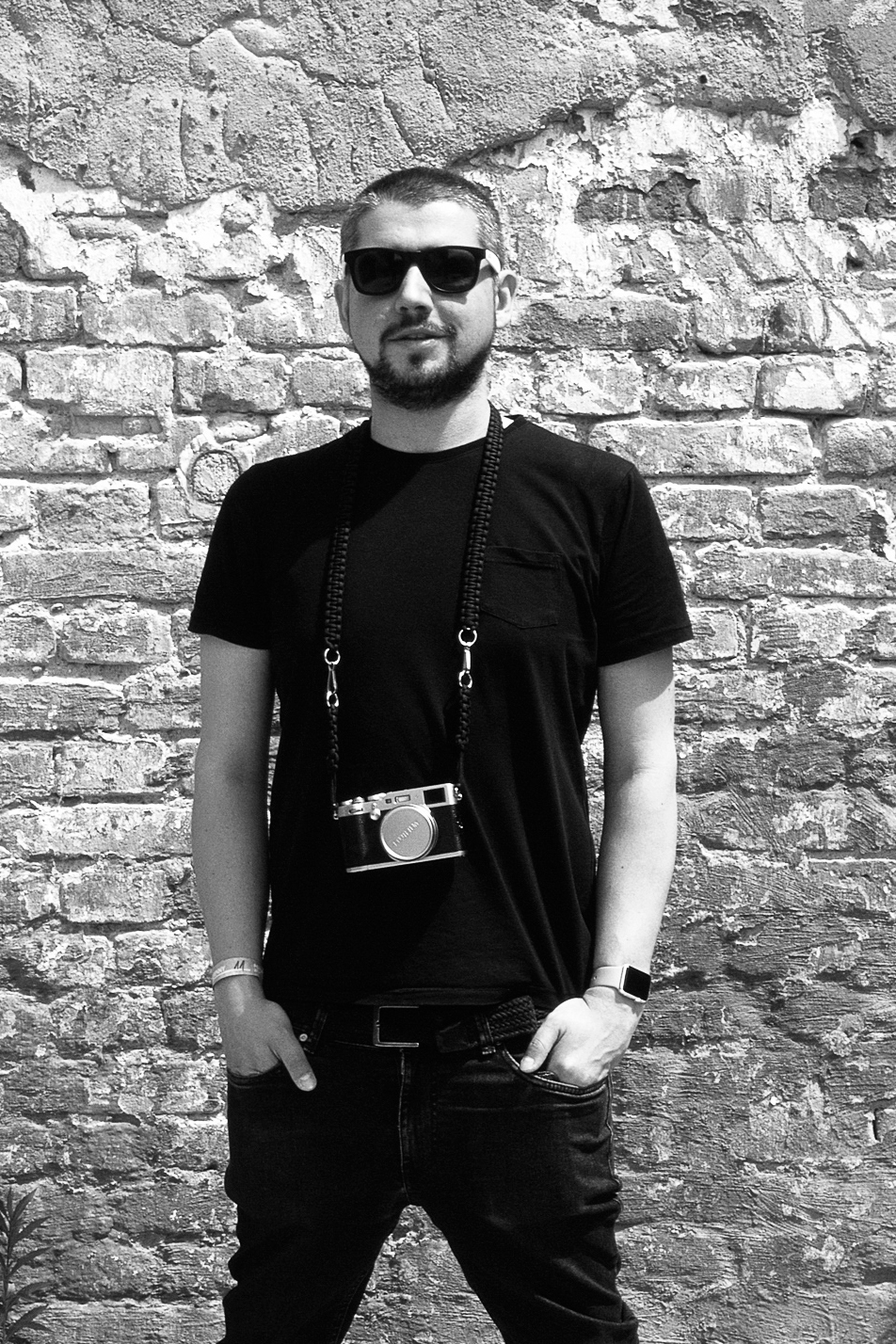
BIOGRAPHY
KRZYSZTOF SWIATLY (1988, Wrocław) is a visual artist, photographer, translator and writer, member of Enough Photos association. He used to work as a music journalist for Polish Radio and main Polish newspapers and after graduating from the Institute of Slavic Studies at the University of Wrocław he began to work as a translator. He studied photography at OPT under Filip Zawada, Krzysztof Solarewicz and Arnau Vidal Cascalló. In 2016 his work Voyager Golden Heartbreak was exhibited as part of the group exhibition “On the road” at TIFF Festival. The same year he self-published his first dummy Closer (now part of Archivo collection in Porto, Portugal). From 2018 he has been working on his project Paradise Rivers with Sputnik Photos. In 2019 he had two solo exhibition – The Fogcatcher in Tętno gallery in Wrocław accompanied by a zine published by 8991publishing and Paradise Rivers at Fotofestiwal Łódź. In August his project Wavelength curated by Rafał Milach and Ania Nałęcka-Milach was exhibited in Italy. In his work Światły explores themes such as language, visual memory and time, photography itself, myths, socio-ecological issues, bonds and desire. Currently he published his new zine Speedometer Jukebox Winter Count and produced a dummy of a photobook Paradise Rivers Are Drying Up on Earth with Ania Nałęcka-Milach. He is also making portraits for Ania Lalka’s Cielesne lato project and working on a new zine with a collage artist Martyna Biaduń.
